April 21, 2023
Hybrid working is the new normal and is here to stay, report claimzzzz
 Mace has published a new report into workplace trends which claims that hybrid working with a collaborative central space is (brace yourselves) the new normal for a preferred post-pandemic working style. The Mace Operate Workplace Survey looked at the enduring role of a central office for businesses and considered what an office space needs to offer in an era of hybrid working. The majority of respondents (87 percent) said that interaction with people and workplace culture are the main benefits of going to the office with employees and employers seeing eye-to-eye on the need for collaboration for motivation, resilience and effective hybrid working. (more…)
Mace has published a new report into workplace trends which claims that hybrid working with a collaborative central space is (brace yourselves) the new normal for a preferred post-pandemic working style. The Mace Operate Workplace Survey looked at the enduring role of a central office for businesses and considered what an office space needs to offer in an era of hybrid working. The majority of respondents (87 percent) said that interaction with people and workplace culture are the main benefits of going to the office with employees and employers seeing eye-to-eye on the need for collaboration for motivation, resilience and effective hybrid working. (more…)






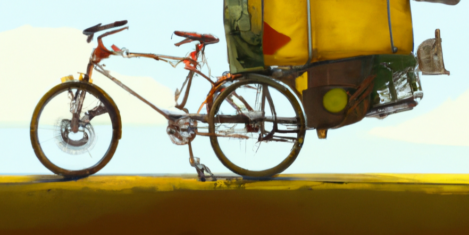
 The digital edition of issue 14 of IN Magazine is now available to read free,
The digital edition of issue 14 of IN Magazine is now available to read free, 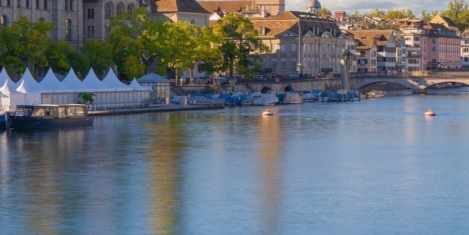



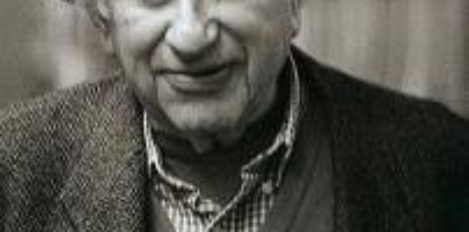

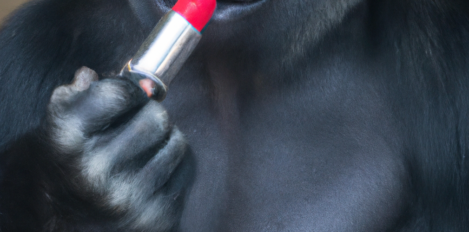

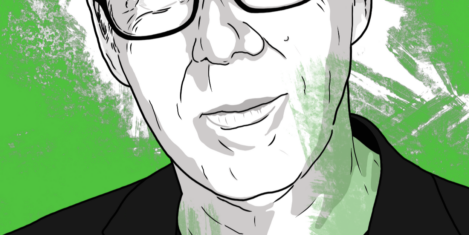
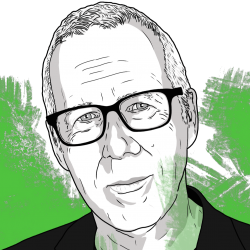


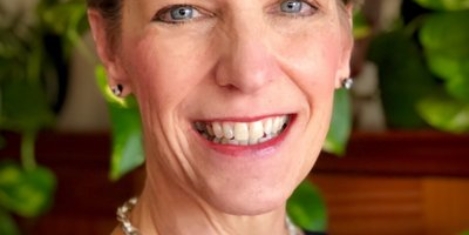
 In the latest episode of the Workplace Geeks podcast, one of the world’s leading experts on work and workplace, Kate Lister, focuses on a recent study in collaboration with Owl Labs, ‘State of Remote Work 2022’. The report, in its 6th year, provides a platform for a much broader conversation about hybrid and remote working (spoiler alert: terms which Kate hates by the way), Kate’s invitation to speak during the pandemic to United States Congress about home-working, and GWA’s long standing and freely available ROI and savings calculators. James returns following his blacksmithing course in the Peak District to a new discussion format – no more Pinder Ponder, get ready for the reflection section.
In the latest episode of the Workplace Geeks podcast, one of the world’s leading experts on work and workplace, Kate Lister, focuses on a recent study in collaboration with Owl Labs, ‘State of Remote Work 2022’. The report, in its 6th year, provides a platform for a much broader conversation about hybrid and remote working (spoiler alert: terms which Kate hates by the way), Kate’s invitation to speak during the pandemic to United States Congress about home-working, and GWA’s long standing and freely available ROI and savings calculators. James returns following his blacksmithing course in the Peak District to a new discussion format – no more Pinder Ponder, get ready for the reflection section.












April 10, 2023
IF AI can replace what you do without anybody noticing, the problem isn’t with the technology
by Mark Eltringham • Comment, Technology, Wellbeing